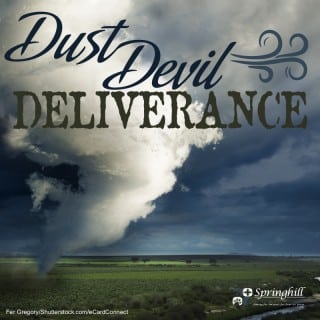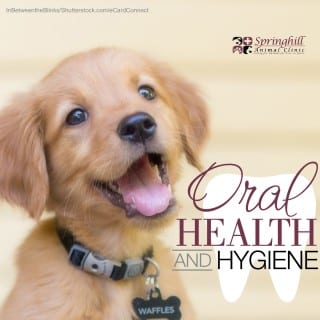Equine colic is more than just an upset stomach. Ten percent of all horses suffer from colic at least once in their lifetime, and the sickness is still a leading cause of death in horses. While the word colic refers to abdominal pain, it encompasses a multitude of abdominal and intestinal problems, from simple excess gas in the intestines to severe intestinal twisting. Though the causes of colic are numerous, they are generally related to the anatomy and microflora of your horse’s gastrointestinal tract. Common causes of colic include:
– High grain, low forage diets
– Moldy or tainted feed
– Parasite infestation
– A lack of water consumption leading to impaction colic
– Sand ingestion
– Long-term use of NSAIDS (non-steroidal anti-inflammatory drugs)
– Stress
– Dental problems
There are six major forms of colic, but all begin with subtle symptoms generally including:
– Lying down more than usual or getting up and lying down repeatedly
– Standing stretched out or standing frequently as if to urinate
– Turning the head toward the flank and kicking at the abdomen
– Repeatedly curling the upper lip
– Pawing at the ground
However, a foal with colic may not display the usual signs of colic, instead lying on his back with legs tucked.
The early recognition of colic is critical as the sooner your horse is seen and treated by us, the greater his chances of recovery. While waiting on us to arrive, there are a few steps you can take to assist us with his treatment:
– Keep a close eye on your horse and monitor his vital signs, as well as any passing of feces. Remove access to feed because if there is a blockage, more feed intake will only exacerbate the issue.
– Let him rest on his feet as much as possible. While walking is not necessary, please keep in mind that a horse suspected of having colic should not lie down. When a horse lies down, it increases the chance to roll which can cause a twisted gut. This becomes fatal without surgery and remains a high risk situation even with it. Most veterinarians will not perform this surgery. Usually, horses requiring such surgery are sent to a college with a veterinary school if the owner is willing to take on the expense involved.
– A trailer ride to our office or around the block could help to increase circulation and eliminate pain. Even if this method seems to provide some relief, we should still check out your horse.
– Do not administer any medication without our explicit direction. Pain medications could mask the symptoms and make correct diagnosis and treatment more difficult.
Many cases of colic can be successfully treated with medication, while others that involve severe impactions or twists of the gastrointestinal tract require immediate surgery. Though the odds are unfortunately there that your horse will develop colic in his lifetime, there are several steps you can take to help prevent the condition.
– Feed your horse on a regular schedule, even on the weekends, and don’t make sudden changes to his diet.
– Keep a clean, fresh water supply available at all times. Many horses prefer to drink from buckets rather than an automatic waterer.
– Keep feed boxes and hay racks, along with feed stuffs, clean and free of mold and dust. Don’t provide feed on the ground as this could cause sand ingestion.
– Check teeth frequently for dental problems that may lead to chewing issues.
– Provide adequate exercise and routinely follow a parasite control program that fits your horse and your farm’s needs.



